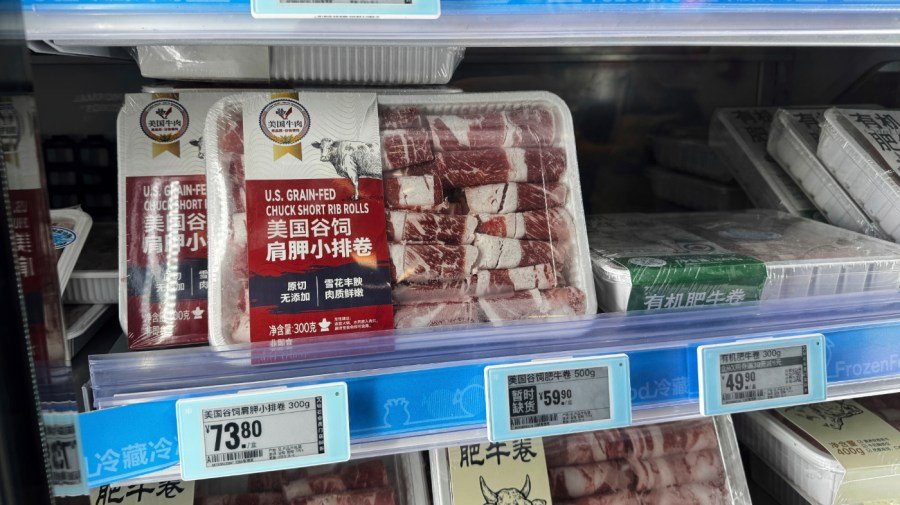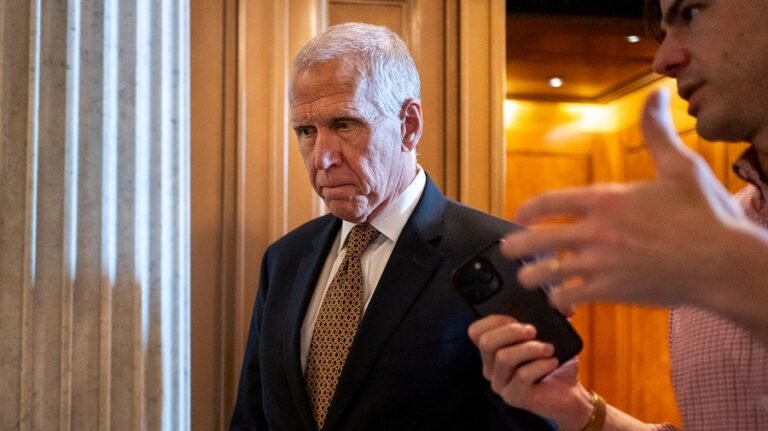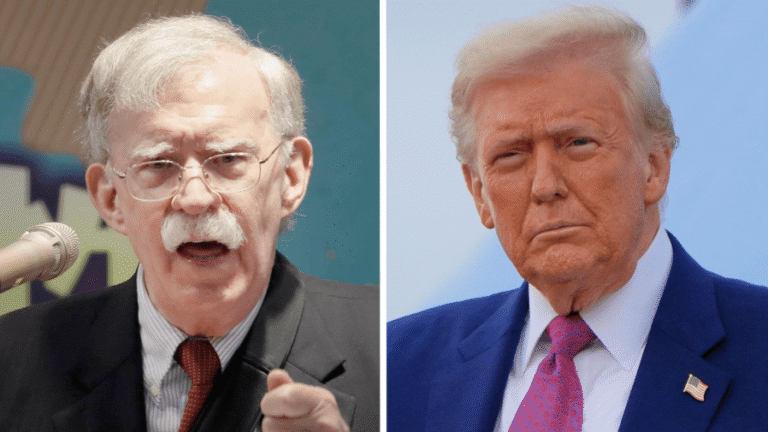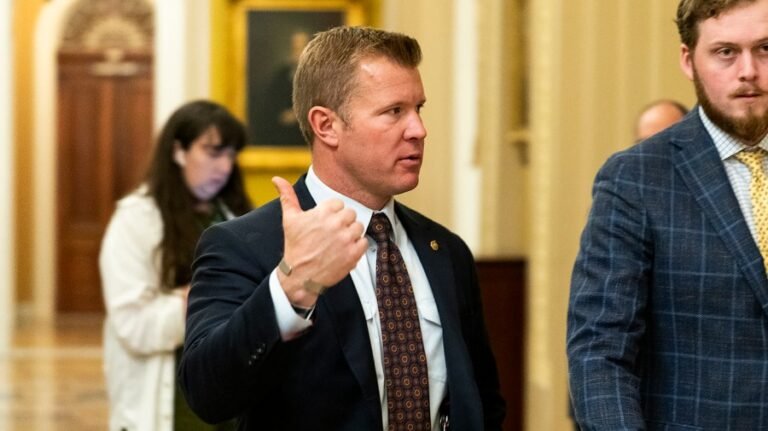
Amid their debates over tariffs, taxes and regulations, Democrats and Republicans seem to have reached a quiet consensus that they should be more involved in economic exchange. They shouldn’t.
On crowded streets, in office buildings and online, people meet, words pass and goods exchange hands. But the exchanges can take one of two forms. The first is the key to just, sustainable and rapid growth. While the other leads to political dysfunction, bad investments and economic stagnation.
When Democratic and Republican leaders fail to distinguish between the two — especially at the same time — it poses a grave threat to the U.S. political economy.
The good type of exchange is voluntary. There is no fraud from the buyer or seller and no force from anyone else. Both can walk away with a smile and something that they value more than whatever they gave up. Governments play an important role by ensuring people have the economic freedom to pursue these exchanges.
Like a neutral referee ensuring fair play, a wise government impartially safeguards everyone’s right to own, use and exchange property. And it stands aside when it needs to, allowing us to make our own economic choices unencumbered by high or inequitable taxes, meddlesome regulations or steep barriers to trade.
Bad exchange is coercive, even if subtly so. And subtle government coercion is all the rage these days.
In one way or another, coerced exchange involves either fraud or force. An obvious example is a thug who threatens to take your money or your life. A less obvious example (involving better intentions) is the government official empowered to tell you what to do with your person or your property.
The power to tax is widely accepted but fundamentally coercive. And the higher the taxes, the greater the coercion.
Outlawing mutually agreed upon prices between sellers and buyers — as both President Trump and former Vice President Harris proposed at some point — is also coercive, as are Trump’s tariffs, the first iteration of which were largely accepted by Biden.
State governments limit entry into dozens of professions through occupational licenses that prevent upward mobility with little or no benefit to the public.
When the government stipulates when, where, and how property may be used, it is coercive. Local governments assert such power over land use, helping send home prices through the roof.
And in the latest example, the Trump administration flexed coercive power in its unusual arrangement with Nippon Steel.
People tolerate some degree of government coercion, especially if it serves the general welfare by protecting our rights — that is, by keeping others from coercing us. But when governments stop being neutral referees and become active — if invisible — participants in our exchanges, we all pay a price.
First, individuals lose agency. The great economist Adam Smith argued that coercers imagine they can “arrange the different members of a great society with as much ease as the hand arranges the different pieces upon a chess-board” without acknowledging any other “principle of motion besides that which the hand impresses upon them.”
Think of President Biden’s attempt to transfer wealth from those without college degrees to those with college degrees, despite the fact that the latter earn about 70 percent more money. Or consider Trump’s attempt to transfer wealth from manufacturers that use steel to manufacturers that make it. Each is a queen’s gambit that sacrifices some chess pieces for the sake of other, preferred pieces.
Second, society loses talent. When policymakers spend their time transferring wealth from one group of citizens to another, some citizens spend their time trying to gain from it, while others expend effort to avoid being victims. When this happens, some of society’s best and brightest waste their time, money and effort transferring wealth instead of innovating and creating new wealth.
Finally, society loses essential knowledge that helps it operate. We each place our own value on certain goods and services. Only I know whether my next dollar is best spent on a doll or a dolly. The only way to make sure trade serves each of our needs is to allow us to make these tradeoffs ourselves, guided by market signals of prices, profit and loss that help us adjust our plans to those of others.
The Soviet system was based on not-so-subtle coerced exchange. And as that system crumbled around them, its leaders wondered how they managed to get rockets to Venus but couldn’t get working appliances in (communal) kitchens. Meanwhile, the Croatian journalist Slavenka Drakulić noted that in its 70-year existence, communism never managed to supply women with tampons.
This is what happens when individuals are not allowed to make their own economic decisions. Leaders in both parties once understood this.
Matthew Mitchell is a senior fellow at the Fraser Institute and a senior affiliated scholar at the Mercatus Center at George Mason University.


